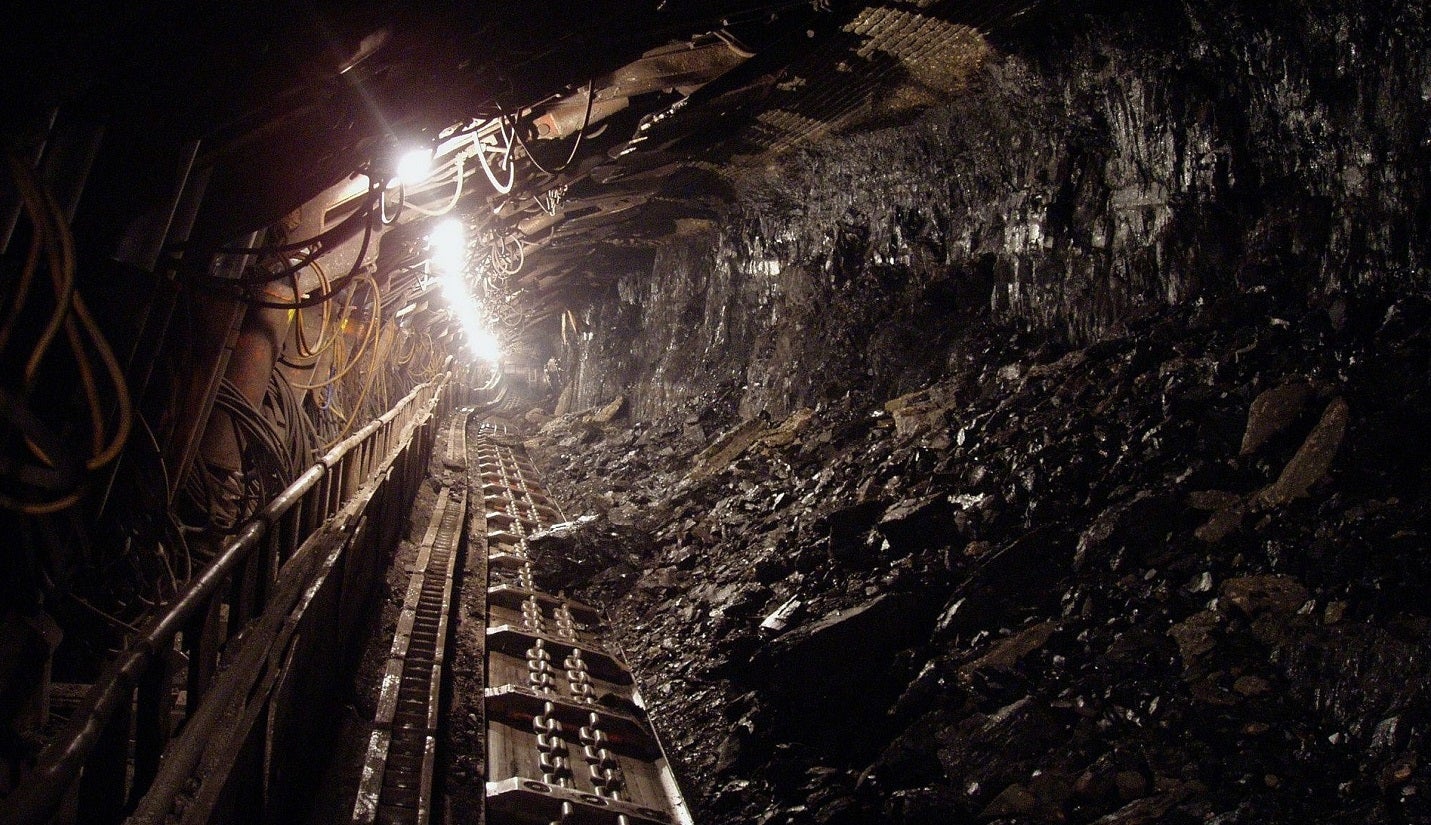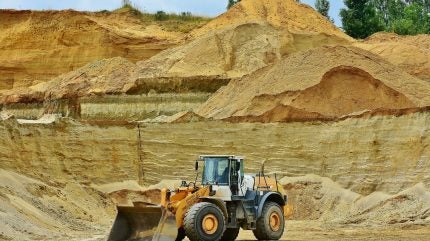Sign up for daily news updates from CleanTechnica on email. Or follow us on Google News!
Andrew Dessler is a professor of atmospheric sciences and the director of the Texas Center for Climate Studies at Texas A&M University. He recently published an op-ed piece for the New York Times that leaves no room to doubt the fossil fuel industry is using every trick in the book to slow down, halt, or reverse the renewable energy revolution. He says that renewables are now clearly the cheapest source of electricity, which should mean they are pushing oil, methane, and coal out of the energy market.
That’s what conventional economic theory would suggest. But the fossil fuel industry is cooking the books to distort normal market forces. Dessler says fossil fuel interests — including think tanks, trade association, and dark money groups — are often preventing the market from shifting to the lowest cost energy. Using tactics like lobbying and manufacturing “grass-roots” campaigns to spread misinformation in order to protect their profits. None of this will come as any surprise to CleanTechnica readers.
As renewables become more competitive, we are now seeing a large scale effort by the fossil fuel industry to deceive the public into thinking renewables are harmful, unreliable, and worse for consumers, Dessler writes. One technique the fossil fuel industry and its allies have used is to spread falsehoods — for example, that offshore wind turbines kill whales or that renewable energy is prohibitively expensive — to stop projects from getting built. What appear to be ordinary concerned citizens or groups making good faith arguments about renewable energy are actually a well-funded effort to disseminate a lie. Researchers at Brown University have revealed a complex web of fossil fuel interests, climate denial think tanks, and community groups that are behind opposition to wind farms off New Jersey, Massachusetts, and Rhode Island.
Fossil fuel interests also donate piles of money to sympathetic politicians who then make false claims about renewable energy and push oil and gas on their constituents, even when renewable energy is cheaper. After the Texas blackout in 2021, which was caused in part by the failure of the natural gas system, politicians blamed renewable energy, and have since argued that more natural gas is needed to strengthen the state electrical grid. The Texas grid could certainly be made more robust. But building backup natural gas plants that should ultimately sit idle 90% of the time is probably the most expensive way to address the problem, as compared with strategies like paying consumers to cut their energy use when the electrical grid nears its limits, Dessler writes.
One of the most pervasive pieces of misinformation being spread by fossil fuel interests is that we cannot run our society on renewable energy. It is true that the sun doesn’t always shine and the wind doesn’t always blow. However, we could deal with this by expanding our existing electrical grid to allow us to move clean energy from regions with excess to those with shortfalls. When that’s not sufficient, power sources that can be quickly turned on and off, like batteries or hydroelectricity, can match supply and demand, Dessler points out.
In the current US grid, methane gas provides the primary balance for intermittent wind and solar, and we can keep using it that way — in very limited quantities — when we need it. One study published in 2020 showed that we could operate a grid that is 90% clean energy and 10% natural gas by 2035, which would produce energy for a cost similar to that of a grid with a continuation of current policies.
Fossil Fuel Industry Targets Children
Dessler warns that fossil fuel interests want to dictate how school children learn about the environment. Children are some of the most powerful messengers when it comes to climate awareness, so fossil fuel promoters are keen to shape their understanding from the start. They have succeeded in getting the Texas State Board of Education to reject textbooks that accurately depict the effects of climate change and extreme weather.
Fossil fuels deserve credit for getting America to where it is today, a country wealthy beyond the dreams of anyone living before the Industrial Revolution. But oil and gas are not the fuels of the future, Dessler says. They are changing the climate and generating air pollution that kills millions of people each year. They also bolster autocratic petro-states, fuel conflicts over energy resources, and contribute to geopolitical instability. Simply put, the lies the fossil fuel industry’ spreads can cost consumers their health, their money, and their security.
With existing technologies, the United States can largely phase out oil, gas, and coal. The last 5 to 10% of that process may be expensive, but credible estimates place the cost of getting to net-zero emissions within the historical range of energy costs. This means that a sustainable future hinges on politics, not technology or science, Dessler says. Policymakers must now call out the fact that an industry facing obsolescence is distorting the market to try to shut out a superior competitor — namely clean energy. Make no mistake: Failure to do so may mean a planet no longer able to sustain human life in the style to which we have become accustomed.
Fossil Fuel Strategy Leads To A Climate Emergency
None of what Dessler has to say will be any surprise to CleanTechnica readers. We have reported multiple times on the lies, deceptions, bribes, corruption, and delaying tactics used by the industry that span more than 60 years. Had the truth been known in the ’70s about what the fossil fuel companies’ own scientists were telling them in the ’60s, the world would not today be facing a full on climate emergency today.
As the Associated Press reported recently, a brutal Asian heat wave has closed schools in the Philippines, killed people in Thailand, and set records there and in Indonesia, Malaysia, the Maldives, and Myanmar. Record temperatures — especially at night when it just won’t cool down — have hit many parts of Africa. Flooding devastated Houston, and the United States as a whole just had its second highest number of tornadoes for the month of April. In a world growing increasingly accustomed to wild weather swings, the last few days and weeks have seemingly taken those environmental extremes to a new level. Some climate scientists say they are hard-pressed to remember when so much of the world has had its weather on overdrive at the same time.
“Given that we’ve seen an unprecedented jump in global warmth over the last 11 months, it is not surprising to see worsening climate extremes so early in the year,” said University of Michigan environment dean Jonathan Overpeck. “If this record pace of warming continues, 2024 will likely be a record year of climate disasters and human suffering.”
The trouble is that the world has adapted to and constructed cities designed for 20th century temperatures and rainfall, but climate change brings more heat and downpours, Dessler, told AP. “We’re departing the climate of the 20th century right now and we just can’t handle these events, so they’re getting slightly more extreme, but they’re passing our ability to handle them.”
Texas Tech climate scientist Katharine Hayhoe, who is also the chief scientist for the Nature Conservancy, said more extremes in more places are overlapping. “Climate change is loading the weather dice against us in every part of the world,” Hayhoe said. “What this means is that it is increasing not only the frequency and severity of many weather extremes, but also that the risk of compound events is increasing.”
The Takeaway
The button that the fossil fuel industry loves to push over and over again is labeled NIMBY, which stands for “not in my backyard.” NIMBY groups oppose solar and wind farms because they alter the view out their kitchen window. Farming communities are especially susceptible to this because the family farm has such an iconic place in American culture. The popular nostrum is that all of America west of the Hudson River is just a Grant Wood painting. People love the rugged beauty of red barns and silos surrounded by amber waves of grain. Few stop to ask what happens to that idyll when the crops are ruined by excessive rain or punishing drought — both related to too much carbon dioxide in the atmosphere. How will the farming community feel about hundreds of thousands of cattle, pigs, and chickens dying of thirst or intense heat?
Today, America is being roiled by unprecedented political turmoil, which does nothing but distract people from the urgency of the climate crisis. It’s like worrying about napkins that aren’t folded correctly on the dinner table while the furnace in the basement is overheating and getting ready to explode, or watching the fire department race to a fire next door and saying, “Why should I care? It’s not my house that’s burning.”
Everything we think is important is insignificant to the universe. We are like the damaged spacecraft in the Apollo 13 moon mission. We need to take radical action to save ourselves from extinction, but will we do so in time? Based on our current and past behavior, the odds are clearly against us and getting longer by the hour. So we have a choice. Either we adopt a “failure is not an option” approach to addressing the climate crisis, or we die. Any questions?
Have a tip for CleanTechnica? Want to advertise? Want to suggest a guest for our CleanTech Talk podcast? Contact us here.
Latest CleanTechnica.TV Videos
CleanTechnica uses affiliate links. See our policy here.




